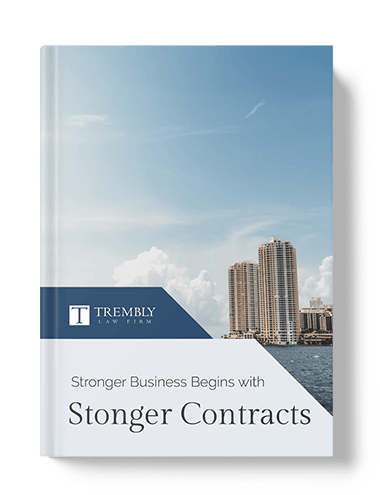If you’re a proud Florida business owner, this time of year is a happy reminder that Florida is one of the most tax-friendly states. You should still take care to properly prepare your business for the taxes you do have to pay. While this is by no means an exhaustive guide to your business’s taxes, and we don’t necessarily handle tax law, we hope this quick guide will help you prepare for the upcoming tax season for your business.
Corporations (C Corps)
C corporations are the only type of business structure that must pay state income taxes in Florida. The standard rate for C corporations is 5.5%, which only takes effect after their first $50,000 of income per year. Although these businesses have to pay the state income tax, there are plenty of options for credits towards the state income tax via incentives, such as those for employing student interns or making contributions to scholarship-funding organizations.
Just as you pay a federal income tax on your earnings for the year, a C corporation will pay a federal income tax on its earnings. These businesses are notably different from every other business structure in this regard, and it’s because they are considered separate legal entities. This also means that if the corporation’s income is distributed to business owners, it will effectively be taxed twice.
Every other business structure in Florida does not have to worry about the state income tax or federal income taxes. These structures are treated as “pass-through” structures, which aren’t their own tax entities, and so their earnings and taxes “pass-through” them to their owners. Those who receive the earnings of these businesses will still pay a federal income tax on the earnings, as they normally would for any other earnings.
The taxes every Florida business DOES have to pay
All Florida businesses are held responsible for the state sales tax. The state sales tax is 6 percent, provided your business does not fall under any of the exemptions. Some areas of the state may impose additional local sales taxes, depending on the nature of your business. If your business has employees, you are also responsible for payroll taxes, including withholdings from employees’ paychecks, FICA taxes, and federal unemployment taxes.
Most importantly, you should use this information as a general guideline to help prepare your business’s taxes, not as a comprehensive guide. Your business’s taxes are best left to a tax accountant or CPA to ensure all the right guidelines are followed and everything is filed correctly. For any of your other business law, litigation, employment law, or general counsel needs, contact us at (305) 985-4571.
Trembly Law Firm
9700 South Dixie Hwy Penthouse 1100
Miami, Florida 33156
(305) 431-5678


















